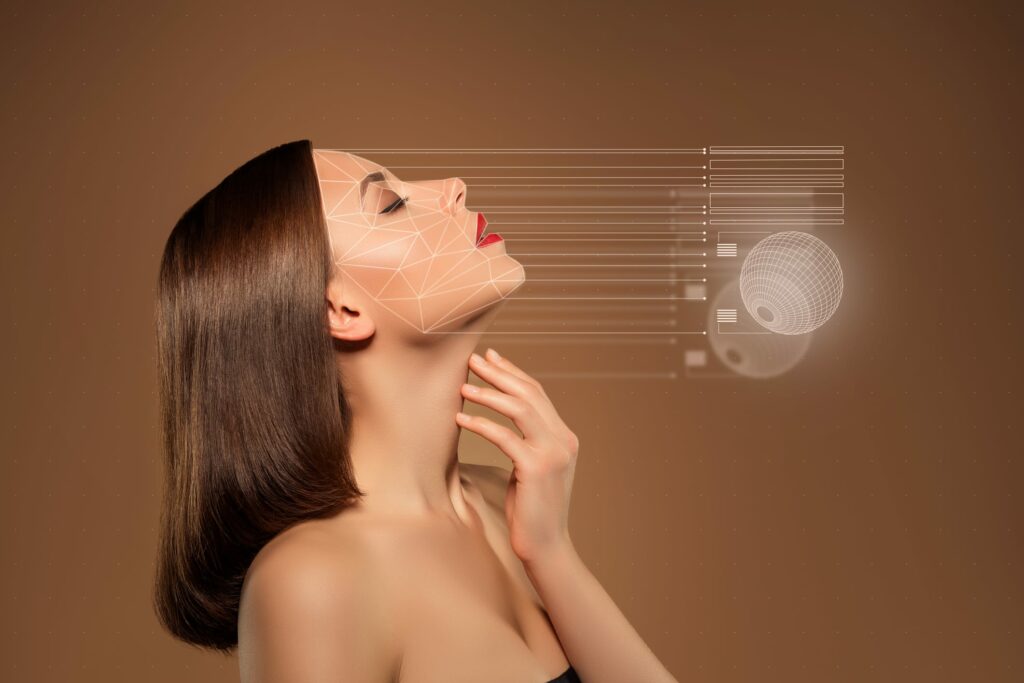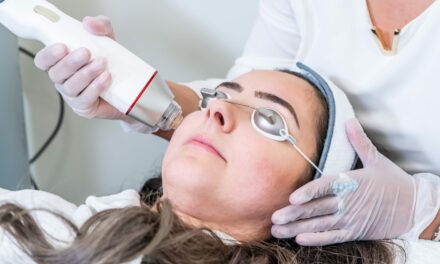Advanced methodologies in dermatological clinical trials ensure the accuracy and reliability of efficacy and safety data for new skincare products.
Clinical trials are the cornerstone of developing new dermatological skincare products, providing essential data on efficacy and safety before these products reach the market.
This article explores the sophisticated methodologies utilized in these trials, focusing on how they ensure the reliability and validity of the results, which are crucial for both consumer trust and regulatory approval.
Standardizing Clinical Trial Designs
A well-designed clinical trial is foundational to obtaining reliable data. Trials often employ randomized controlled trials, the gold standard for testing the efficacy of new skincare products. These trials involve randomly assigning participants to either a treatment group or a control group, which might receive a placebo. This design helps minimize bias and allows for a clear comparison between the treatment efficacy and potential placebo effects.
Implementing Double-Blind Procedures
Double-blind procedures are crucial in dermatological trials to further reduce bias. In these studies, neither the participants nor the researchers know who is receiving the active treatment or the placebo, preventing preconceptions from influencing the results. This method is especially important in skincare product trials, where subjective perceptions of improvement could skew the data.
Ensuring Diverse Participant Selection
The effectiveness of skincare products can vary significantly across different skin types and conditions. Therefore, ensuring a diverse participant selection in clinical trials is critical. This diversity includes variables such as age, gender, ethnicity, and skin type.

By encompassing a broad range of participants, researchers can more accurately determine how a product performs across various demographic groups, enhancing the generalizability of the findings.
Longitudinal Studies and Follow-Up
To assess the long-term efficacy and safety of skincare products, dermatological trials may also include longitudinal studies. These studies follow participants over a more extended period to monitor the effects of the skincare product after prolonged use. Such data is invaluable, particularly for identifying late-arising side effects or long-term benefits that shorter trials might miss.
The Impact of Emerging Technologies
Recent advancements in technology have introduced new methodologies in the execution of clinical trials. Digital imaging, artificial intelligence, and machine learning are playing increasingly significant roles in assessing the efficacy of skincare treatments. These technologies can analyze skin changes more precisely and objectively than human observation alone, providing a more robust dataset for evaluating product performance.

The methodologies used in dermatological clinical trials are intricate and designed to ensure that new skincare products are both effective and safe. As the field continues to evolve with technological advancements, these methodologies will likely become even more sophisticated, continuing to raise the bar for new products entering the market.
Photo 107627893 © Marina Putilova | Dreamstime.com




